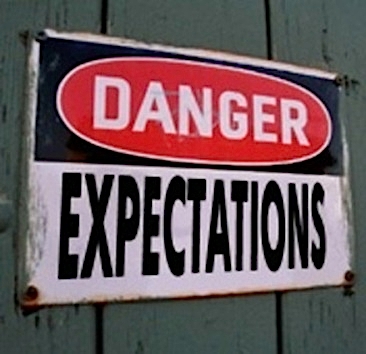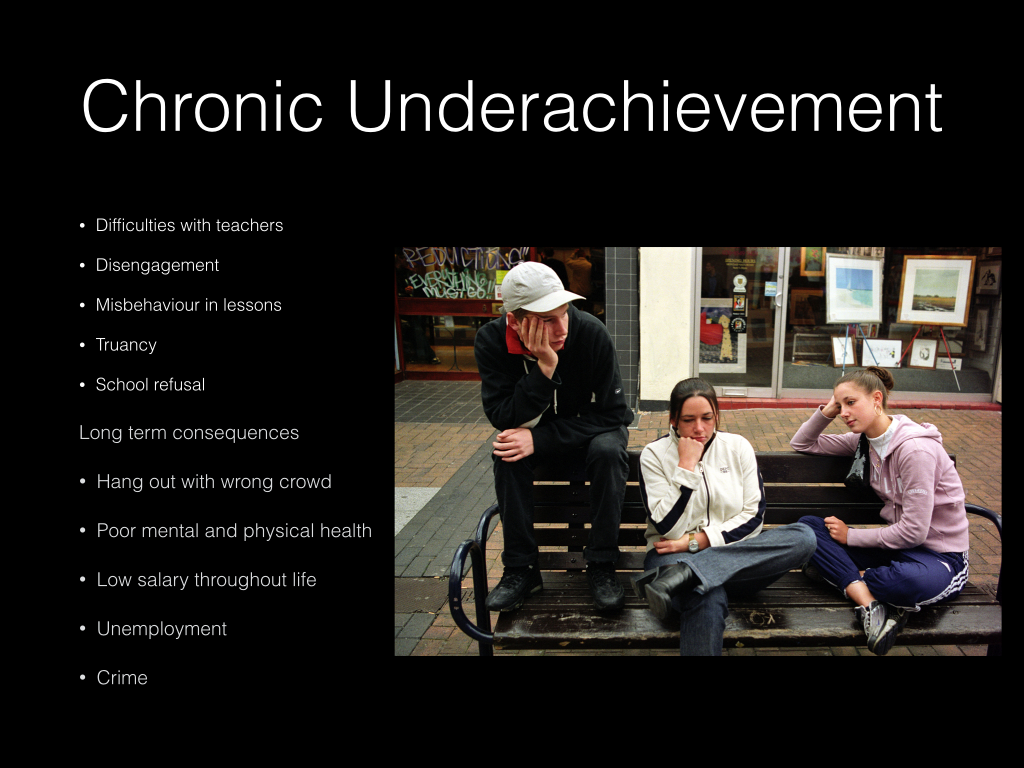Following my previous blogpost concerning self-esteem and the importance of early intervention to allow students to develop ‘success-seeking behaviour’, this post now looks in more detail at what students do to protect their self-esteem. I just thought I’d sum up the previous blog post with Dan Brinton’s tweet about what the post meant to him. This was exactly the point I was trying to make.
As I mentioned yesterday, “students who think highly of themselves tend to embrace challenging tasks that ultimately improve their skills and enhance their chances of success in future activities and tasks.” The importance of self-esteem to underpin a growth mindset cannot be underestimated. The students who think highly of themselves tend to invest more effort and persistence in tasks. It’s a fundamental truth. Think of those students with poor self-esteem, they often struggle to embrace challenges and lack the will to keep going in the face of difficulty. As I mentioned previously, self-esteem is exceptionally important to young people. Protecting what they have can have very negative consequences as Andrew Martin points out in detail in his excellent book (plug number 2).
So what do students do to protect their self-esteem due to the fear of failure? These are the signs. I have shared this with my Year 11 GCSE students. They recognised many of the symptoms within themselves, and it did make them think about changing these behaviours, so I recommend you do the same.
Attributes of students who fear failure.
- Self-handicapping.
 Students will put obstacles in the path of success and use it as an excuse for performing badly. This means that they can blame the obstacle, and not their own competence, thus preserving their self-esteem. Think of the kids who went out partying rather than revising, or those who procrastinate, finding a myriad of other ‘highly important’ things they had to do rather than get down to some serious studying. Social media has a big part to play here too. For some students, they may even turn to drugs and alcohol as a way of handicapping their achievement expectations. So when the teacher, parents or peer asks why they did so badly, they have a legitimate excuse, which protects their competence and thus, crazily, their self esteem can remain intact.
Students will put obstacles in the path of success and use it as an excuse for performing badly. This means that they can blame the obstacle, and not their own competence, thus preserving their self-esteem. Think of the kids who went out partying rather than revising, or those who procrastinate, finding a myriad of other ‘highly important’ things they had to do rather than get down to some serious studying. Social media has a big part to play here too. For some students, they may even turn to drugs and alcohol as a way of handicapping their achievement expectations. So when the teacher, parents or peer asks why they did so badly, they have a legitimate excuse, which protects their competence and thus, crazily, their self esteem can remain intact. - Defensive Pessimism.
 Students set out unrealistically low expectations of themselves to reduce the likelihood of failure. This can also manifest itself as a reluctance to be challenged. Again, this is something we often see, especially higher up the school. Students look to see what the minimum is to get on their course, be happy with this and make this their new target. Then if they achieve their grade, they are happy that they got what they set out to achieve, despite it being well below their expected grades, just to protect their self-esteem.
Students set out unrealistically low expectations of themselves to reduce the likelihood of failure. This can also manifest itself as a reluctance to be challenged. Again, this is something we often see, especially higher up the school. Students look to see what the minimum is to get on their course, be happy with this and make this their new target. Then if they achieve their grade, they are happy that they got what they set out to achieve, despite it being well below their expected grades, just to protect their self-esteem. - Defensive Optimism.nStudents can set out expectations which are way too high; targets which no matter how hard they work, will be impossible to reach. This means that when they fail, they fail with dignity, ensuring that their self-esteem remains intact.
- Overstriving (Perfectionism).
 This is where students will do everything in their power to succeed, often at the cost of other things like their health and relationships. This may sound not too bad as at least they are making a positive effort. But what happens if they do fail, despite their extraordinary efforts? Failure can have a really negative impact and students begin to resent their education. Making an exceptional effort just to protect their self-esteem can have dire consequences.
This is where students will do everything in their power to succeed, often at the cost of other things like their health and relationships. This may sound not too bad as at least they are making a positive effort. But what happens if they do fail, despite their extraordinary efforts? Failure can have a really negative impact and students begin to resent their education. Making an exceptional effort just to protect their self-esteem can have dire consequences. - Success avoidance.
 Think of the nail protruding from a piece of wood. The last thing you want to do is stand out from your peers because you’ve done really well. They will want to hammer you for being too clever or working too hard. This also leads to pressure next time. It’s much easier, if your self-esteem is inextricably linked to your friendships (which it so often is) to avoid success at all costs and just blend in with being average.
Think of the nail protruding from a piece of wood. The last thing you want to do is stand out from your peers because you’ve done really well. They will want to hammer you for being too clever or working too hard. This also leads to pressure next time. It’s much easier, if your self-esteem is inextricably linked to your friendships (which it so often is) to avoid success at all costs and just blend in with being average. - Learned Helplessness. Now here is the killer. This is where students just give up. Those students who have repeatedly experienced poor performance and failure protect what self-esteem they have left by just saying ‘I can’t do it’. Why try if you know you can’t do it? This is the ultimate self-defeating behaviour.
All of these behaviours can lead to chronic underachievement, which relates to the slide from our growth mindset launch below.
Share this with your teachers, more importantly, share this with your students. We all have to recognise we weren’t born this way. It’s our historical experiences and subsequent expectations which mould us into the learners we become.
This brings me back to the first post. These behaviours are rife in many if not almost all schools. We have to make sure our students keep achieving. We cannot let them experience failure and just leave the rails to run out. It’s too important. The consequences of poor self-esteem and the inability to develop ‘success-seeking’ behaviour is dire.
We must encourage our students to expand their view of success to include the process gains- improvement, personal bests, skill development, new understanding, not just the hard data. We must also ensure that we intervene, support and rebuild confidence when needed.
The more I think about this, the more I come back to Dan’s tweet. “It’s obvious isn’t it? Pour absolutely everything into arresting the first negative deviation from the flight path. Everything.”
Thanks Dan. Thanks Marc for introducing me to this book too. Highly recommended.


